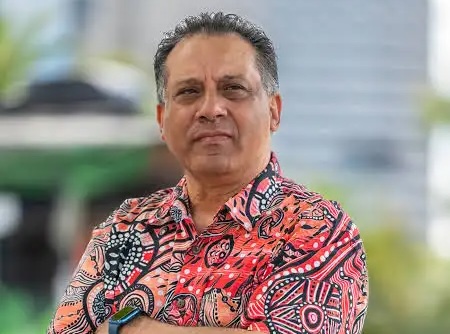By Kirsten Hillman
According to a somewhat common trope, trauma exists in the realm of the unspeakable and silence is a motif often culturally associated with trauma. This idea also has resonance in the psychotherapeutic trauma literature, where silencing, or muting, is understood to happen when language-oriented regions of the brain are shut down by overwhelming experiences (van der Kolk, 2014).
In music, silence structures temporality alongside sound in equal measure. Yet, acoustic silence differs significantly from perceived silence (Margulis, 2007). Our actual experiences of silence are heavily overlaid by what has occurred before the silence or anticipation of what will emerge out of it. Silence holds a paradox of being saturated with perceived meaning and feeling while lacking the intentionality and clarity of communicative sound.
As a music therapist, silence began to interest me when I was working with adults in mental health settings who, more often than not, had experienced significant trauma. I became very attuned to the silences I would ‘hear’, or rather feel, when I was in the therapy room with someone. Silences hung between their words and between the sounds and music they ventured to create with me. Sometimes I sensed fear and the heavy presence of memory, while at others I would sense possibility— maybe an orienting towards something new (an instrument never played) — accompanied by a silence that could feel expansive. My obsession with listening intently in these moments was, in part, what motivated me to step out of the busy and demanding space of practice and move into the more contemplative journey of research.
Trauma is not an easy topic to approach with an academic mindset. It comes with the heaviness of a wealth of literature — such as survivor accounts, practice models and trauma theory — that all point to lived experience without being quite able to convey it. The darkness at its edges can feel obliterating. But this time of reading and listening, removed from the dynamics and reactivity of work in a mental health service, has opened a door into a question about a different silence. The silence of the voices of trauma survivors within this academic literature.
We’re living in a time when the conceptualisation of trauma has shifted considerably from the strict confines of a clinical post-traumatic stress disorder diagnosis to an increasing recognition of the ubiquity of trauma. Race and gender-based violence, as two prominent examples, are increasingly culturally understood through the lens of trauma; there’s an acknowledgement of the corrosive impacts of slow-dripping ‘insidious’ traumas (Watson et al., 2016) resulting from marginalisation and the patterns it etches over time into cultures.
Within this context, the utility of therapy is being increasingly questioned: how do people actually experience a therapeutic intervention when their malaise is not in fact the result of individual organic bodily or psychological process and is rather the failure of something larger? And what can music therapy do here? These are questions I am exploring through a community-centred model of practice in my PhD project. I am asking people to share their experiences of encountering music therapy not as an isolated experience but as part of the broader, messy tapestry of their lived experience, their connections to wider communities, and their healing, however they choose to define it.
Most importantly, I hope to provide an opportunity to break a silence so that the experiences of trauma survivors are heard more loudly within the music therapy and trauma literature.
References
Margulis, E. H.(2007). Moved by nothing: listening to musical silence. Journal of Music Theory, 51(2), 245-276.
Van der Kolk, B. (2014). The body keeps the score: Mind, brain and body in the transformation of trauma. Penguin UK.
Watson, L. B., De Blaere, C., Langrehr, K. J., Zelaya, D. G., & Flores, M. J. (2016). The influence of multiple oppressions on women of color’s experiences with insidious trauma. Journal of Counseling Psychology, 63(6),656
Kirsten Hillman is a PhD candidate at the Faculty of Fine Arts and Music and received a PhD Top-up Scholarship from CAWRI.
September 2021





.png)